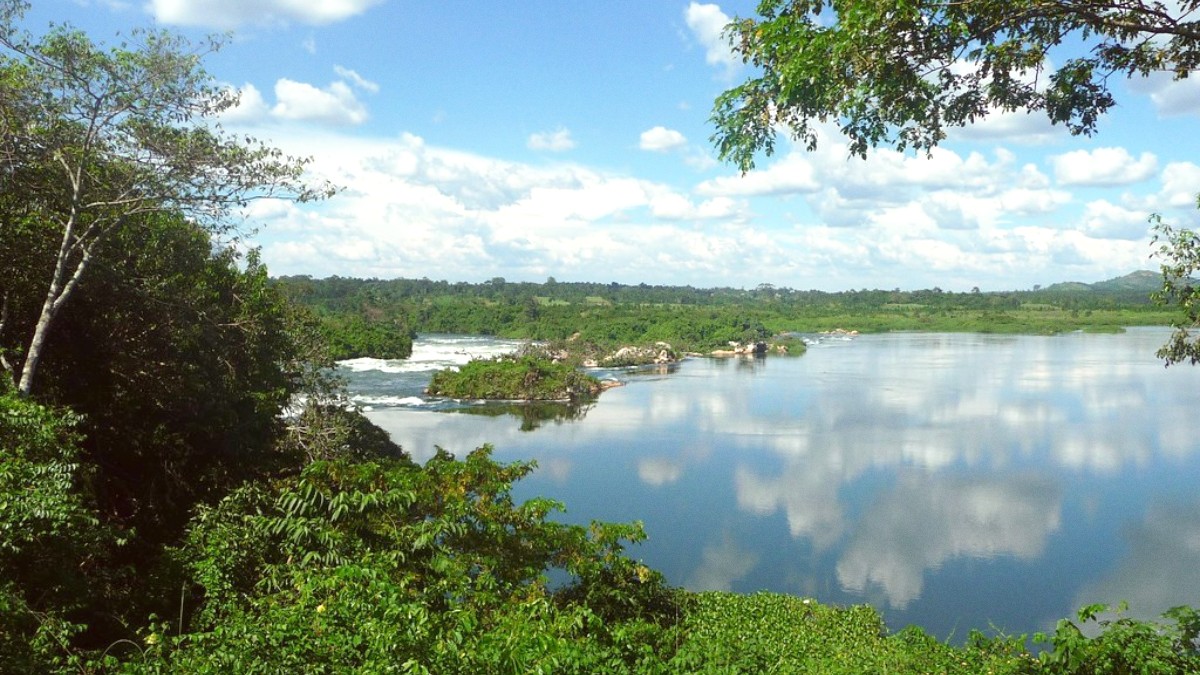
Uganda
Humidity remains relatively high throughout the year, especially during the rainy seasons. This makes the air feel warmer.
High Season (December-February, June-August): These periods align with the dry seasons. Sunny days and comfortable temperatures facilitate outdoor activities. This weather suits general sightseeing in Kampala. If your trip extends beyond Kampala to national parks, these dry months present the best conditions for gorilla trekking and wildlife viewing, as animals gather around water sources and vegetation is less dense. Roads generally maintain good condition, making travel smoother.
Low Season (April, October): These months mark the peak rainy seasons. Significantly lower prices for flights and accommodation are present. Visitor numbers are very low, creating a quiet experience. The landscape becomes lush and green after the rains. Heavy rainfall can disrupt travel plans, making unpaved roads challenging to navigate. Outdoor activities may face limitations.
December-February, June-August
Sunny days, comfortable temperatures for outdoor activities, good for safaris.
Higher prices, more visitors at popular sites.
March, May, September, November
Fewer visitors, often lower prices for travel and accommodation.
Weather can be unpredictable with occasional rain.
April, October
Significantly lower prices for flights and accommodation, very few visitors.
Heavy rainfall can disrupt travel plans, some outdoor activities may face limitations.
Dry season months (December-February, June-August) offer the most comfortable experience for walking tours and exploring outdoor markets. Less mud and more sunshine are typical.
Dry seasons (December-February, June-August) are recommended for gorilla trekking; trails are less slippery. Wildlife viewing on safaris is better during these times.
Pack a Light rain jacket or an Umbrella, even in dry seasons.
Verify specific activity requirements well in advance.
Consider booking popular activities like gorilla trekking months ahead.
Local events or holidays can influence visitor numbers and prices.
Be flexible with plans, especially during transitional weather.
Foreign nationals typically need a visa for Uganda. Plan your visa application well before your journey.
The Single Entry Tourist Visa for Uganda is common. The East African Tourist Visa (EATV) offers entry to Uganda, Kenya, and Rwanda with a single application.
Prepare these documents carefully for your visa application and presentation upon arrival.
Print all your travel documents. Keep digital copies on your phone and in cloud storage. This protects you if physical copies are lost or damaged.
These approximate ranges serve as a guide for daily expenses. Individual choices greatly influence spending.
Traveling during shoulder or low seasons can result in significantly lower flight and accommodation costs. While weather is less predictable, savings are substantial.
Prioritize your health and safety in Kampala.
Yellow Fever vaccination is mandatory. Carry a valid certificate.
Hepatitis A & B, Typhoid, Rabies, Tdap, MMR, Polio. Consult your doctor.
Uganda is a high-risk zone. Antimalarial prophylaxis, DEET repellent, and Mosquito nets are strongly advised.
Traveler's Diarrhea: Very common. Practice strict food and water hygiene.
Bilharzia (Schistosomiasis): Avoid swimming or wading in freshwater bodies (lakes, rivers) due to parasite presence.
HIV/AIDS: Uganda has a relatively high prevalence. Exercise caution and avoid risky behaviors.
Access to Healthcare: Several private hospitals in Kampala offer good standards of care (International Hospital Kampala, Nakasero Hospital). Public hospitals can be under-resourced.
Never drink tap water in Kampala. Stick to bottled water (ensure the seal is unbroken). Boiled water, or water purified using a Portable water filter or purification tablets, are safe options.
Eat only hot, cooked food. Avoid raw fruits and vegetables that you cannot peel yourself. Exercise caution with street food; ensure it is prepared hygienically and served piping hot.
Wash your hands frequently with soap and water, or use an Alcohol-based hand sanitizer, especially before eating.
Kampala has a moderate crime rate. Petty crime is the most common issue for tourists.
Specific areas like busy markets (Owino, Nakasero) and bus parks (Old Taxi Park, New Taxi Park) are prone to petty crime. Upscale residential areas like Kololo, Naguru, and Munyonyo are generally safer but require common-sense vigilance.
Landslides are less common. Small tremors may occur. Malaria risk is seasonal, higher during and after rains.
Dial 999 for police, fire, or ambulance. Response times can be slow. In a medical emergency, private transport to a reputable hospital is often quicker and more reliable.
A comprehensive policy is strongly recommended. Ensure coverage for medical emergencies (including evacuation), trip cancellation, lost baggage, and adventure activities. Consider SafetyWing or Insubuy.